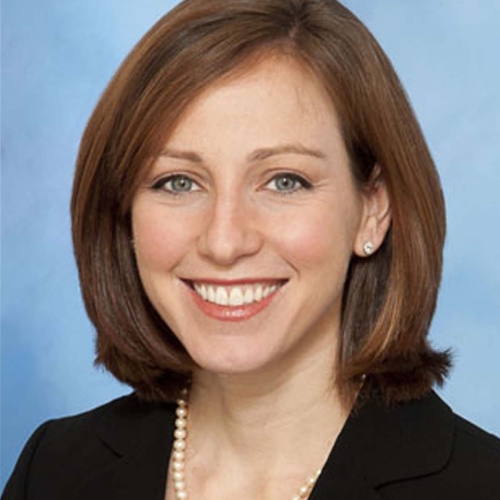Anesthesiology's Mark Bicket, MD, PhD, and Surgery's Jennifer Waljee, MD, will lead the study, which recently received NIH funding through the National Institute on Drug Abuse
For the nearly 10 million American adults with a tolerance to opioids— defined as those who are currently taking at least 30 mg of oxycodone on a daily basis — a trip to the operating room brings a greater risk for complications during and after surgery.
Opioid-tolerant patients require higher doses of opioids to achieve adequate pain relief, often encounter high-risk prescribing practices within three months after surgery — including multiple opioid prescribers and high-dose opioid prescriptions — and may fail to return to their usual prescriber.
New work led by Mark Bicket, MD, PhD, and Jennifer Waljee, MD, is setting out to develop guidelines for safe, coordinated care that fully optimizes pain management and recovery of opioid-tolerant surgical patients. The research team recently received National Institutes of Health funding through the National Institute on Drug Abuse (NIDA) to support their efforts.
"Tailoring care pathways for opioid-tolerant patients is critical to address the elevated risks and unique challenges they face," said Bicket, Associate Professor of Anesthesiology and Co-Director of the Overdose Prevention Engagement Network (OPEN).
"Our previous guidelines for patients who aren’t currently using opioids have shown the potential of data-driven recommendations to significantly reduce opioid consumption without compromising patient pain relief or satisfaction. This work looks to extend these benefits to opioid-tolerant patients."
Through OPEN, Bicket and Waljee have been part of a team working with all hospitals in Michigan to develop and disseminate best practices in surgical opioid prescribing and pain management for patients without opioid tolerance. The results of this work — done in partnership with the Michigan Surgical Quality Collaborative and Blue Cross Blue Shield of Michigan — have reduced opioid consumption by 50% without adversely affecting satisfaction or pain.
This study will refine and test these guidelines with the addition of care coordination for opioid-tolerant patients undergoing common surgical procedures in order to match prescribing to patient need, ensure effective pain management and prevent high-risk prescribing practices.
“The prevalence of opioid tolerance has risen dramatically, and perioperative outcomes for these patients continue to lag,” said Waljee, Professor of Plastic and Reconstructive Surgery and Co-Director and Co-Founder of OPEN.
“Our goal is to promote safe prescribing practices, avoid unintentional dose escalation and prevent the development of opioid-related harms for millions of Americans with opioid tolerance undergoing surgery.”
The research will be carried out through three primary aims:
- Calibrate Prescribing Guidelines to the Unique Needs of Surgical Patients with Opioid Tolerance: This arm of the study will examine patient-reported pain outcomes and opioid prescribing practices after surgery among opioid tolerant patients.
- Develop a Clinical Care Pathway to Optimize Pain Management for Opioid-tolerant Surgical Patients: Interviews with a diverse sample of patients, providers and health leaders will help refine existing care pathways and integrate essential elements like classifying opioid exposure and expanding naloxone co-prescribing.
- Determine the Effectiveness of the Care Coordination Pathway: Hospitals participating in a quality collaborative initiative will be randomized to implement the new care coordination pathway, assessing its impact on high-risk opioid prescribing practices, patient-reported pain and satisfaction.

Associate Professor

Adjunct Professor




